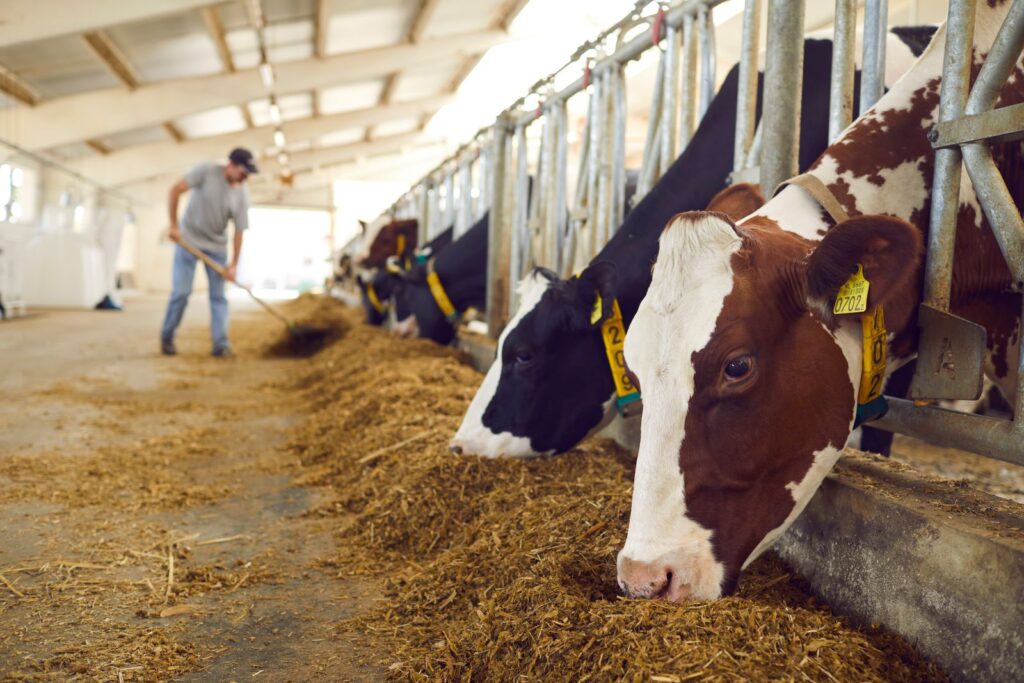Dairy farmers plead for government intervention to alleviate labour crisis
1st June 2023
Following feedback from 46 producers, the Royal Association of British Dairy Farmers (RABDF) has urged the government to address the escalating labour situation in the sector in its latest submission of evidence to the Migration Advisory Council (MAC).
Of the dairy farmers providing feedback, 87% said they had found it increasingly difficult to recruit and retain employees in the last five years, with 59% admitting they had considered exiting the industry due to the ongoing labour shortage. Whereas, sourcing labour was a worry to nearly all (92%) farmers in the group.
The data is in line with concerning figures released by the AHDB, showing the number of dairy producers fell by 4.8% in the past year to 7,500 as of April 2023 – with 380 producers leaving the industry. Falling milk prices, rising costs and labour pressures all contribute to the downward trend.
Many of the focus group had already made changes on their farm in response to labour shortages, with 21% reducing stock numbers and 13% cutting the number of milkings.
Commenting on the issue, RABDF Chairman Di Wastenage said: “The exodus of dairy farmers is a worrying trend, and sadly, a lack of labour has a big part to play in that.
“Many farmers are at a crossroads with declining support, and for them to plan and invest for a sustainable future, they must have confidence that both skilled and permanent labour will be available.”
The group also highlighted the need for foreign workers to fulfil positions on the short term due to a lack of interest in the industry among domestic workers. Almost half of producers are currently employing foreign workers on their farm, with 40% saying unsociable working hours were the main reasons for staff leaving.
From listening to dairy farmers, the RABDF concluded foreign labour is something the industry still needs in the short term. In their latest submission to the MAC Shortage Occupation List Review, which closed last week (25th May), the association presented its latest findings.
Mrs Wastenage added: “We hope the MAC will listen to our concerns and include Dairy Technicians on their Shortage Occupation List (SOL).
“The government can further support this by reviewing the ‘blockers’ they have created to employ and retain staff, such as the lack of rural housing for farmers, especially within designated areas such as the AONB and National Parks.”
To rectify the situation without further delay, Mrs Wastenage said the industry must take the lead and create a strategy to help itself. As part of this initiative, the RABDF hosted a Labour Roundtable discussion at the House of Lords earlier this month.
“In the medium to long term, we must look at all the options to ensure a pipeline of employees enters the industry,” Mrs Wastenage stressed.
“This includes better education in schools, brand building, skills development, and attracting employees from outside the industry and diverse backgrounds. It also needs dairy farmers to take ownership of the issue on their farms and provide the right environment to value and retain employees.”
Keen to maintain momentum following the Roundtable, the RABDF is now identifying the key players needed in a dairy labour stakeholder group and prioritising areas to work on.
For more information on dairy labour, visit rabdf.co.uk/labour

